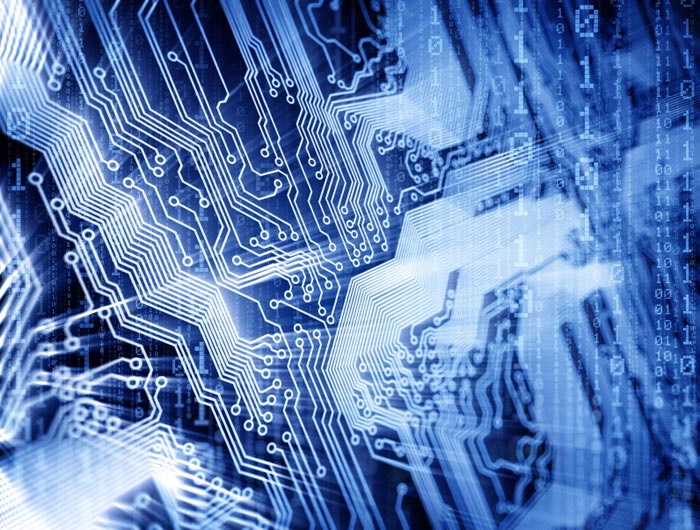
Touchscreens may not be all they

PAL Robotics has been working on its REEM-x lineup of wheeled humanoid robots for some time. Now it

Scientists have discovered that if you "prune" a computer chip

German scientists have unveiled a female robot which they claim is best suited for factory work despite her model-like looks.

Quantum computers are computers that exploit the weird properties of matter at extremely small scales. Many experts believe that a full-blown quantum computer could perform calculations that would be hopelessly time consuming on classical computers, but so far, quantum computers have proven hard to build. Researchers have planned an experiment that, if it worked, would offer strong evidence that quantum computers can do things that classical computers can

Scientists have produced the world

Computer manufacturer Lenovo has partnered with Swedish startup Tobii Technology to launch (at CeBIT in Hannover) the world

Researchers have developed a versatile ultra-low power biomedical signal processor, CoolBioTM, meeting the requirements of future wearable biomedical sensor systems. The biomedical signal processor consumes only 13pJ/cycle when running a complex ECG (electrocardiogram) algorithm at 1MHz and 0.4V operating voltage. This C-programmable chip is voltage and performance scalable supporting a frequency range of 1MHz up to 100MHz with an operating voltage from 0.4 to 1.2V.

A prototype implantable eye pressure monitor for glaucoma patients is believed to contain the first complete millimeter-scale computing system.

Further development of modern information technology requires computer capacities of increased efficiency at reasonable costs. In the past, integration density of the relevant electronic components was increased constantly. In continuation of this strategy, future components will have to reach the size of individual molecules. Researchers have now come closer to reaching this target.

Polish physicists have been aiming to build an optical atomic clock, an extremely precise device with an accuracy of one second in a few dozen billion years, since 2008. The last of the three key components of the clock: an atomic frequency standard based on cold strontium atoms has just been developed. The clock itself will be assembled already this year.

(PhysOrg.com) -- A prototype robot spy "ornithopter," the Nano-Hummingbird, has successfully completed flight trials in California. Developed by the company AeroVironment Inc., the miniature spybot looks like a hummingbird complete with flapping wings, and is only slightly larger and heavier than most hummingbirds, but smaller than the largest species.
Volunteers experienced the virtual bodies as if they were their own, with possible applications in computer games or to transport people digitally to other locations